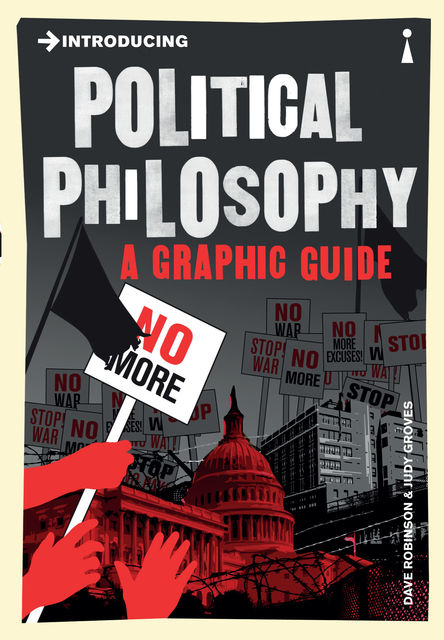Introducing Political Philosophy
- Kamila Yessenovaцитирапреди 4 годиниEconomic Determinism
But then Marx famously discovered that Hegel “stood on his head” and had to be “turned upside down”. What Marx meant was that ideas cannot determine human reality but – the other way round – that objective material forces and economic realities are what determine human ideas. This is why Marx is familiarly known as a “dialectical materialist”. - Kamila Yessenovaцитирапреди 4 годиниHegelian political philosophy was adopted by German “Right Hegelians” who thought that the Prussian State had more or less reached the final dialectical stage of perfect rationality and should remain unaltered. “Left Hegelians” thought that the Hegelian process still had a long way to go. Who can now remember the names of the former? But everyone has heard of the most famous Left Hegelian – Karl Marx
- Kamila Yessenovaцитирапреди 4 годиниIn later works, like Agrarian Justice, Paine argued for some kind of welfare state and redistributive taxation. Paine was a great polemicist who defended ordinary people’s right to debate political principles and agitate for reforms.
- Kamila Yessenovaцитирапреди 4 годиниEdmund Burke’s Conservatism
Like other late-18th-century political conservatives, Hegel was shocked by the extremism and violence of the French Revolution. The Philosophy of Right was to some extent written as a reaction to those events. He distrusted revolutionary fervour of all kinds and was mostly hostile towards the military might and expansionist ambitions of the Napoleonic regime. Similar reservations were uttered by the voice of English conservatism, Edmund Burke (1729–97). - Kamila Yessenovaцитирапреди 4 годиниCriticism of Hegel’s State
Hegel’s attempts to make the State a logical and ethical offshoot of an evolving human consciousness has not gone unquestioned. Not many philosophers now accept the core “theological” doctrines of Hegelianism – especially his account of “Spirit” as divine universal mind – and not many now believe in his progressive, teleological and historicist account of human consciousness, societies and states. - Kamila Yessenovaцитирапреди 4 годиниNevertheless, Hegel’s political philosophy is a serious attempt to show how the modern State can mould self-centred, acquisitive market-economy individuals into communal and altruistic citizens. Obedience to his Ethical State is a disposition, more than just a matter of convenience. And this could be both an admirable and a very dangerous idea.
- Kamila Yessenovaцитирапреди 4 годиниHe also thought that some more “evolved” states had the “right” to dominate others. And, like Locke, Hegel’s citizens are all property owners who have “objectified” their “subjective” desires and so gained a recognized place within society.
- Kamila Yessenovaцитирапреди 4 годиниHegel concludes that human beings are necessarily state creatures destined to develop within political communities. States are the inevitable result of us being the sort of gregarious, freedom-loving creatures that we are.
- Kamila Yessenovaцитирапреди 4 годиниThe Dialectic
Human consciousness is never static but constantly evolving more productive conceptual frameworks which stem from the absorption of older, less adequate ones. New experiences can be structured appropriately in progressive stages. - Kamila Yessenovaцитирапреди 4 годиниConstant changes in history mean that there must always be a battle between different political ideas in a uniquely Hegelian “logical” process known famously as the “dialectic”. Opposing political theories inevitably enter a complex operation of mutual assimilation (or “synthesis”) to produce yet more progressive notions of the State, citizenship and freedom.
fb2epub
Плъзнете и пуснете файловете си
(не повече от 5 наведнъж)


